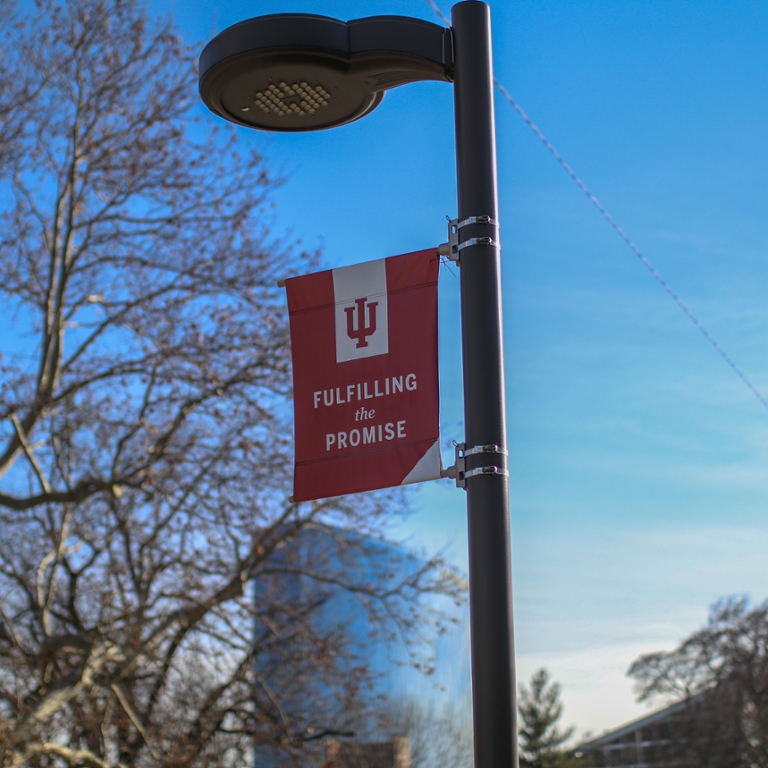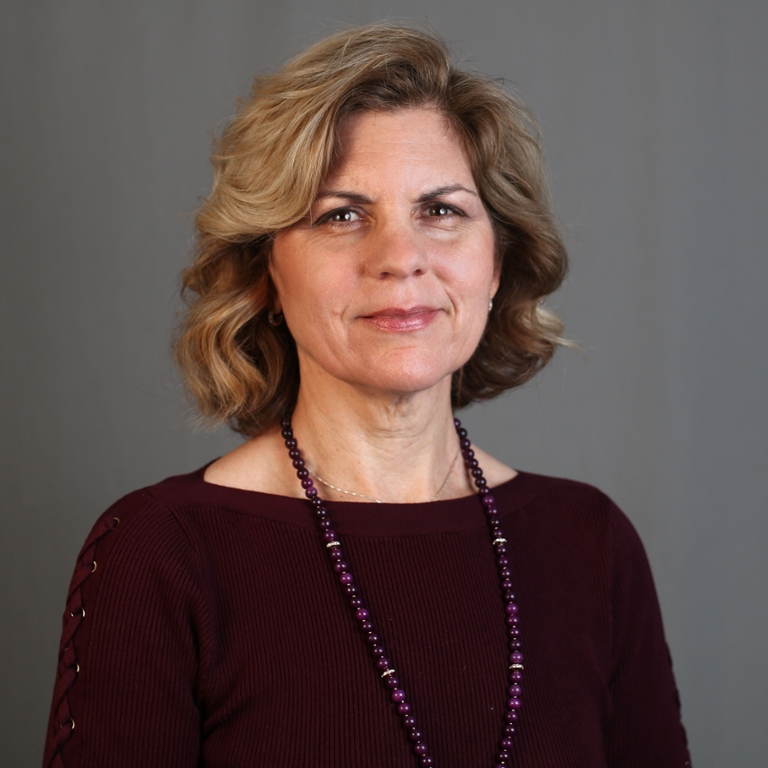IUPUI is a university devoted to the growth of its students, and that devotion dictates an equal commitment to the support and development of those who support students. Faculty are the backbone of any university, and their growth is fundamental to the university at large. Mary Price, director of faculty development for the Center for Service and Learning (CSL), says, “Faculty, just like the rest of us, are lifelong learners,” and this is part of the philosophy that fuels the CSL’s commitment to assisting faculty as they develop in their careers and academic paths.

Mary Price works across many areas of consultation, including faculty mentoring and strategies for documenting excellence in public and community-engaged scholarship, civic pedagogies, ethics of engagement and partnership assessment, global service learning, and service and community-based learning in graduate and professional education.

Community engagement transforms teaching, learning, and research, opening possibilities for faculty to be part of learning and research partnerships, not only with students but also with community groups. In community engagement, faculty is a broad term, one that encompasses not only tenured and tenure-track faculty but also clinical faculty, lecturers, adjuncts, graduate students in teaching roles, and community partners. Even undergraduate students can be pulled into teaching roles. The CSL's focus honors the assets that all collaborators bring to teaching, learning, and research, as well as nurturing the potential of individuals and groups to work together as co-educators. While the CSL has specific programming for full-time faculty, including scholarships and grants, learning opportunities are also available to support the full range of individuals who occupy faculty-type roles.
In the midst of their engagement with their teaching, disciplinary research, and departmental work, faculty sometimes find it challenging to make space to reflect on their own learning and to find a safe, nurturing environment that encourages them to take risks to grow as teachers, as citizens, and as scholars. There are principles of best practice that guide ethical, high-quality community engagement in teaching and in research; however, how individuals and groups come to wrestle with and enact these principles varies from one course or project to the next. In working with faculty, Price believes it is important to develop an understanding of the faculty members' motivations and goals for community engagement, as well as how they conceptualize its role in teaching, learning, and higher education generally. This information is the baseline from which the CSL begins its work in supporting a faculty member’s learning and development. It is driven by their aspirations, questions, and frustrations, which become the basis for identifying the appropriate resources (e.g., guidance, evidence-based tools, grants, scholarships) for faculty.
The CSL's intent is to encourage faculty growth in ways that build their sense of agency and effectiveness over time. The CSL creates learning opportunities to stretch thinking and to spark creativity. Price advocates for the development of learning communities and mentoring networks for faculty, both within departments and across disciplines. These mechanisms pair CSL support with faculty to creative supportive environments that enable faculty to develop community related to teaching and other dimensions of faculty life. Learning communities are opportunities to experiment, receive formative feedback, and infuse insights gained into new curriculum, programs, and research. If faculty want to be engaged within the community, either through student learning or research, the center helps connect them with what they need.
We’re here to support them and meet [faculty] where they are and support their growth and development over the course of their career.
Price says that the center develops its programming for faculty, staff, and students by building on everyone’s capacity to be both a teacher and a learner. This means not only delivering resources and support but also developing long-term relationships with individuals to be a partner with them through all stages of their careers at IUPUI.
The learning process that the CSL promotes is about helping people identify and examine their motivations for community engagement. For faculty, teaching and research are activities that give them a chance to increase their motivation and claim a sense of their own agency to grow themselves. To help encourage that agency, Price says that the CSL wants to support individuals to “take healthy risks to stretch themselves, to reflect on failures, not shield themselves from them, to grow into them.” With that in mind, she is well aware of the difficulties facing faculty, but she is also confident that the CSL is able to provide the support they are looking for. Price says, “Our goal for faculty is to help them identify and develop a network that has engagement at the core.” The CSL helps to build that network by providing workshops, grants, and access to resources that will help faculty build the relationships they need to create an empowered future.
Not only does Price reference the center as a place for resources, community building, and reflection, but she also discussed another organization on campus that the CSL has a partnership with to provide additional faculty support and development—STEM Education Innovation and Research Institute (SEIRI). Price and her colleagues, Tom Hahn and Julie Hatcher, are part of a five-year NSF grant spearheaded by SEIRI. Through work with SEIRI staff members, Justin Hess, Grant Fore, and Brandon Sorge, the grant will develop a model of faculty development and ethical reflection through community engagement that will result in improved student learning gains in the areas of ethics, communication, critical thinking, and professionalism. As part of the grant, SEIRI and CSL are working with two academic departments, Earth Sciences and Biomedical Engineering, to reimagine ethics instruction in their curriculum and to integrate meaningful community engagement as part of their redesign of applied ethics learning in their undergraduate curricula.
For more information, contact the Division of Undergraduate Education Office of Communications at duecomm@iu.edu.

